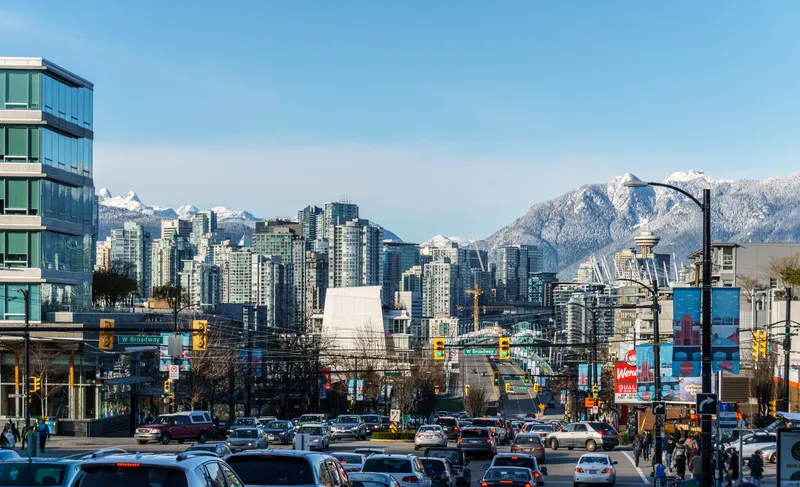Singapore’s Land Transport Authority (LTA) has awarded the tender to develop the next-generation electronic road pricing (ERP) system to the consortium of NCS and Mitsubishi Heavy Industries Engine System Asia.
The LTA believes it is not practical to continue with the current gantry system, which is almost two decades old and will become increasingly expensive and difficult to maintain. The consortium will develop the next-generation ERP system based on global navigation satellite system (GNSS) Technolog
February 26, 2016
Read time: 2 mins
Singapore’s Land Transport Authority (LTA) has awarded the tender to develop the next-generation electronic road pricing (ERP) system to the consortium of NCS and 4962 Mitsubishi Heavy Industries Engine System Asia.
The LTA believes it is not practical to continue with the current gantry system, which is almost two decades old and will become increasingly expensive and difficult to maintain. The consortium will develop the next-generation ERP system based on global navigation satellite system (GNSS) Technology, at a cost of US$556 million.
The new system will allow for more flexibility in managing traffic congestion through distance-based road pricing, where motorists are charged according to the distance travelled on congested roads, which the LTA says would be fairer to motorists.
The existing in-vehicle unit (IU) will be replaced by a new on-board unit (OBU), which can also be used to deliver additional services to motorists, such as traffic advisories, parking payment checkpoint tolls and usage of off-peak cars electronically.
LTA’s Chief Executive Mr Chew Men Leong said, “Since introduction, the road pricing system has been effective in managing traffic congestion. The next-generation road pricing system will allow us to improve on this, with greater flexibility. It will also allow us to provide more services for motorists’ convenience, such as disseminating information on traffic advisories and facilitating e-payments.”
The new system is expected to be implemented progressively from 2020. To ensure a seamless transition, there will an 18-month switchover period to transit from the current ERP system to the new system. The government will also bear the one-time IU replacement costs for Singapore-registered vehicles.
The LTA believes it is not practical to continue with the current gantry system, which is almost two decades old and will become increasingly expensive and difficult to maintain. The consortium will develop the next-generation ERP system based on global navigation satellite system (GNSS) Technology, at a cost of US$556 million.
The new system will allow for more flexibility in managing traffic congestion through distance-based road pricing, where motorists are charged according to the distance travelled on congested roads, which the LTA says would be fairer to motorists.
The existing in-vehicle unit (IU) will be replaced by a new on-board unit (OBU), which can also be used to deliver additional services to motorists, such as traffic advisories, parking payment checkpoint tolls and usage of off-peak cars electronically.
LTA’s Chief Executive Mr Chew Men Leong said, “Since introduction, the road pricing system has been effective in managing traffic congestion. The next-generation road pricing system will allow us to improve on this, with greater flexibility. It will also allow us to provide more services for motorists’ convenience, such as disseminating information on traffic advisories and facilitating e-payments.”
The new system is expected to be implemented progressively from 2020. To ensure a seamless transition, there will an 18-month switchover period to transit from the current ERP system to the new system. The government will also bear the one-time IU replacement costs for Singapore-registered vehicles.







